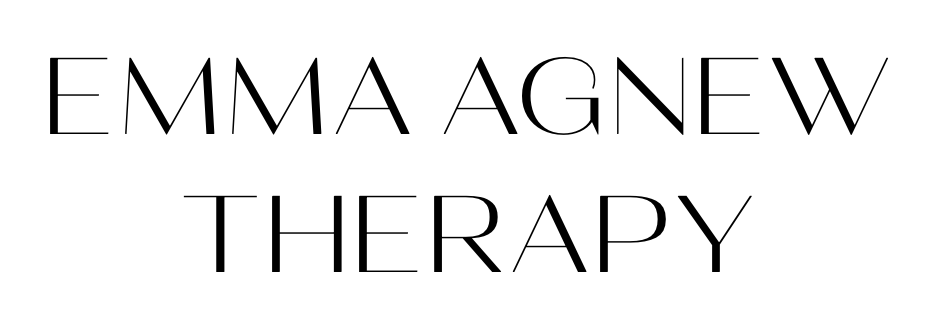
sleep therapy
Struggling with sleep impacts your energy, mood, and overall well-being, making it harder to show up for your life the way you want to. Whether you’re dealing with insomnia, excessive sleepiness, disrupted sleep patterns, or anxiety that keeps you up at night, I can help. My approach goes beyond quick fixes, addressing both the behaviors and underlying factors that contribute to poor sleep.
Better sleep is possible—and you don’t have to figure it out alone.
A Science-Backed, Personalized Approach
I draw on a range of highly-effective, evidence-based therapies to address the complex factors that influence sleep, including Cognitive Behavioral Therapy for Insomnia (CBT-I), chronotherapy, motivational interviewing, interpersonal and social rhythms therapy, and habit formation strategies. My approach is tailored to your sleep. Together, we’ll develop a plan that not only improves your sleep but also supports your overall well-being.
sleep therapy
You deserve to sleep well.
My evidence-based sessions will give you the tools you need to improve your rest- whether you need a clear plan or expert support every step of the way.
individual Sleep sessions
$210/ session
4 Session Package
10% discount
A structured, brief program to help you understand your sleep and build a personalized plan for better rest. 8 Session Package
15% discount
A comprehensive, guided program to help you fully understand your sleep and implement lasting improvements with expert support. FAQs
-
If you struggle with falling asleep, staying asleep, waking up too early, feeling unrefreshed in the morning, or excessive sleepiness during the day, sleep therapy can help. It’s also beneficial if worry, anxiety, stress, or other mental health concerns are interfering with your rest. Whether your sleep issues are long-standing or more recent, therapy provides tools to improve sleep quality and overall well-being.
-
I work with a range of sleep concerns, including insomnia, delayed or advanced sleep phase disorders, hypersomnia, nightmares, and sleep disruptions related to anxiety, depression, and trauma. I also help clients who struggle with maintaining a consistent sleep schedule due to work, lifestyle factors, or chronic stress.
-
Sleep therapy focuses on changing behaviors, thought patterns, and lifestyle factors that impact sleep, rather than relying on medication. While medications can provide short-term relief, behavioral approaches like Cognitive Behavioral Therapy for Insomnia (CBT-I) address the root causes of sleep disturbances, leading to long-term improvements. If you're currently using sleep aids, therapy can help you transition to natural, sustainable sleep habits.
-
Sessions involve assessing your sleep patterns, identifying obstacles to rest, and implementing evidence-based strategies to improve sleep quality. This may include adjusting sleep schedules, addressing unhelpful thought patterns, improving sleep hygiene, and learning relaxation techniques. Each session is tailored to your specific challenges and goals.
-
Item This depends on your needs and goals. Many clients see improvement within four to eight sessions, especially with structured approaches like CBT-I. Some may benefit from longer-term support if their sleep challenges are complex or tied to other mental health concerns.
-
No, a formal diagnosis isn’t necessary. Many people experience sleep disturbances without a diagnosed sleep disorder, and therapy can still be effective. If needed, I can collaborate with medical professionals to ensure you receive comprehensive care.
-
CBT-I is the gold standard for treating insomnia. It helps identify and change unhelpful thoughts and behaviors that interfere with sleep. Comprehensive studies have shown that it is equally or more effective to prescription sleeping medications without the negative side effects. Techniques may include sleep restriction, stimulus control, cognitive restructuring, and relaxation strategies to create lasting improvements in sleep quality.
-
Yes! Sleep therapy can be highly effective for sleep issues connected to mental health challenges. I integrate approaches like mindfulness, cognitive therapy, and interpersonal and social rhythms therapy to help regulate sleep in the context of anxiety, depression, and trauma.
-
I work with clients who have nontraditional sleep schedules, including shift workers, parents, and those with demanding lifestyles. We’ll explore strategies to optimize sleep within your unique circumstances, helping you feel more rested despite an unconventional schedule.
-
In most cases, yes. Keeping a simple sleep log helps identify patterns and measure progress. However, tracking is flexible, and we’ll find an approach that works best for you.
-
Yes. Sleep therapy can complement the use of sleep aids or help clients transition away from them if that’s a goal. I do not prescribe medication but can collaborate with your doctor if needed.
-
Yes. If nightmares or night terrors are disrupting your sleep, I use evidence-based techniques like Imagery Rehearsal Therapy (IRT) and cognitive restructuring to reduce their frequency and intensity.
-
Yes! I offer virtual sessions for clients located in California, making sleep therapy accessible and convenient.
-
Sleep therapy is highly effective, with results equal to, or exceeding, those of prescription sleep medications (without the negative side effects!). Most clients experience better sleep quality, reduced nighttime awakenings, improved daytime energy, and a healthier sleep routine. The results depend on factors like consistency and individual circumstances, but many see noticeable improvements within weeks.
-
You can book a free consultation to discuss your sleep concerns and see if therapy is a good fit. From there, we’ll develop a plan tailored to your goals. See below to book.


